I've been watching the Marvel Cinematic Universe (or MCU for short) since I was 10 years old. When I first saw Iron Man in theaters, I never expected it to expand into this huge film franchise. We've had crossovers in film before, but never something that linked together this many franchises as one shared universe. What's even more amazing, is ever since the first Avengers movie came out in 2012, tons of other movie studios have attempted to replicate this kind of formula, and not one of them has really succeeded. So why is this? Let's list some reasons.
1. It took its time.
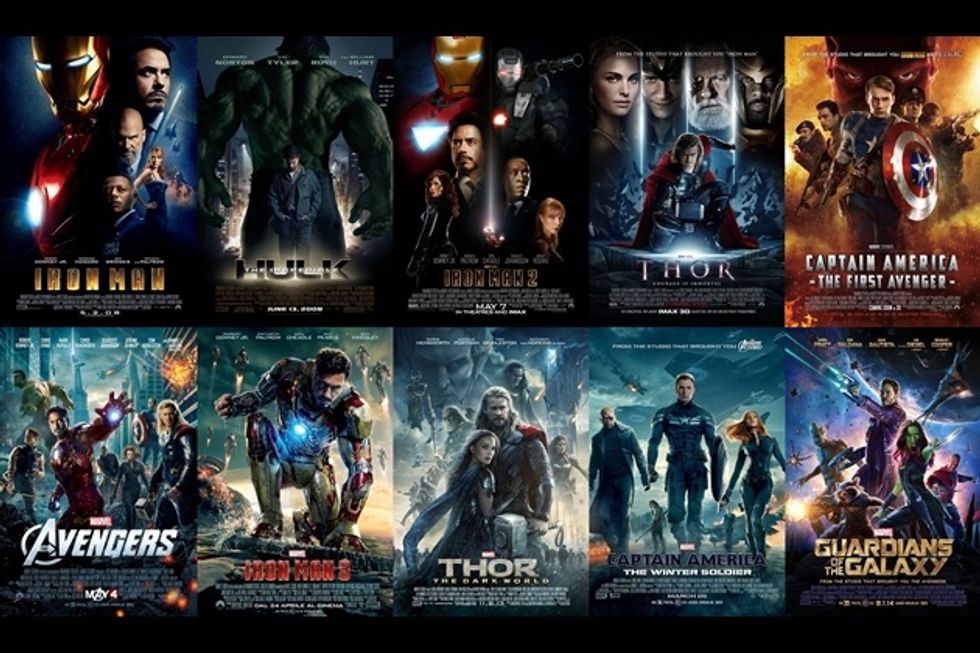
Iron Man came out in 2008. In the years since then, we've received 21 more movies in the MCU. We're averaging about 3 a year ever since Phase 3 began in 2016. We get them so frequently now, it's easy to forget that Marvel Studios took a 2-year hiatus after 2008. When the franchise began, no one involved on it really knew the direction they wanted to take these films, so they took some time to plan it out and make sure it would go off without a hitch.
This is one of the biggest reasons other shared cinematic universes fail. With movies like 2017's The Mummy, other film studios seem more concerned with setting up future films as opposed to just making a good movie. Even Marvel's biggest competitor, DC, moved way too quickly with their cinematic universe, releasing a lineup of 10 future films before movie number 2 was even released. Marvel succeeds because first and foremost, they want to make a solid individual movie, with universe building being secondary but no less important.
2. The cast
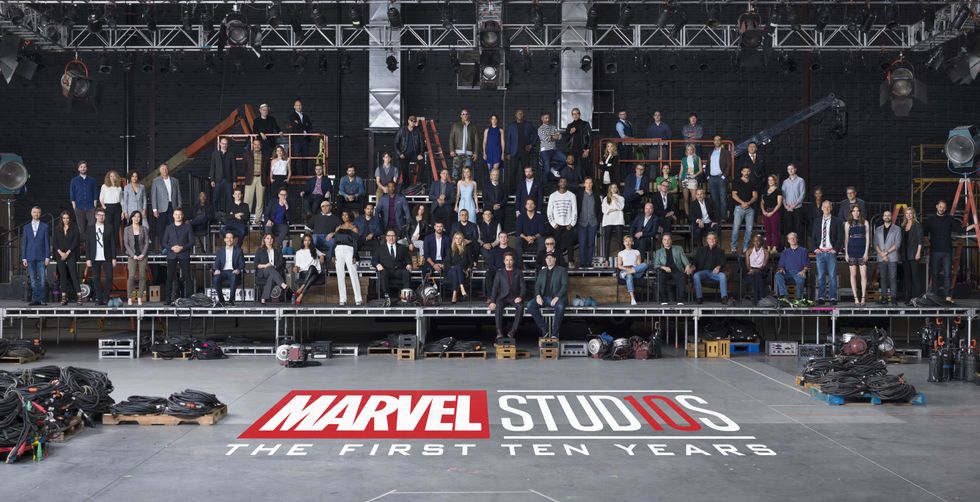
The casting in the MCU has had some bumps in the road, namely the recasts of Terrence Howard and Edward Norton as James Rhodes and Bruce Banner respectively. However, for the most part, the casting for the MCU has been nothing less than amazing. I mean can you even imagine a world where Robert Downey Jr. isn't playing Iron Man? Can you imagine if he had been played by Tom Cruise like Marvel Studios was originally considering? It goes without saying that we definitely have the ideal versions of these characters on screen, and it's all thanks to the cast.
Each member of the cast manages to make the most important aspects of the characters their own. Chris Evans captures the determination of Captain America perfectly. Robert Downey Jr. does an amazing job playing cross between a playboy and a reluctant hero. Tom Holland is the definitive Peter Parker. Seriously, if you're a teenager, go watch Spider-Man: Homecoming. Every actor in that movie does a great job playing a realistic self-deprecating teenager.
3. The characters
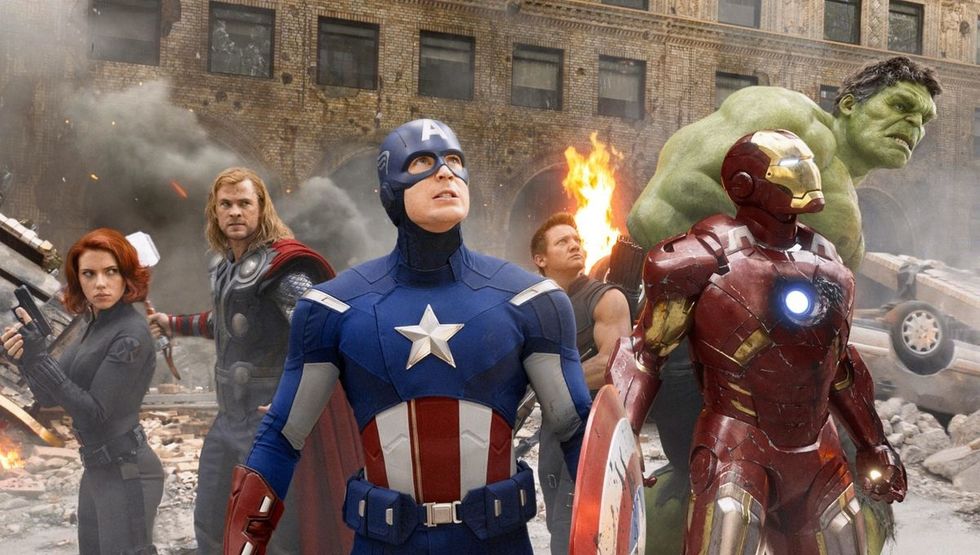
In most movies, the most important thing to get right is the main character. Our protagonist needs to be someone we care about. If the audience doesn't care about the main characters struggle, we quickly stop caring about the movie altogether. Due to the massive scope of the MCU, we don't just have one main character, we have dozens. We care about all of them, and we want them to succeed. We see all of their struggles over the course of multiple movies so we get a good picture of who they are, what they want out of life, and where they want to end up.
Steve Rogers is a man who just wants to do what is right. Tony Stark is a man who wants to make up for his mistakes of the past by becoming Earth's defender. Peter Quill is a man trying to find and hold on to family after losing his mother at a young age. In a movie like Avengers: Infinity War, where all of these characters lives are on the line, it really matters that we care about them. We care if they fall, and we want them to have a happy ending. We've stuck with some of these heroes for a decade now, so investment in them is a must if the series is to go on.
4. Multi-platform inter-connectivity
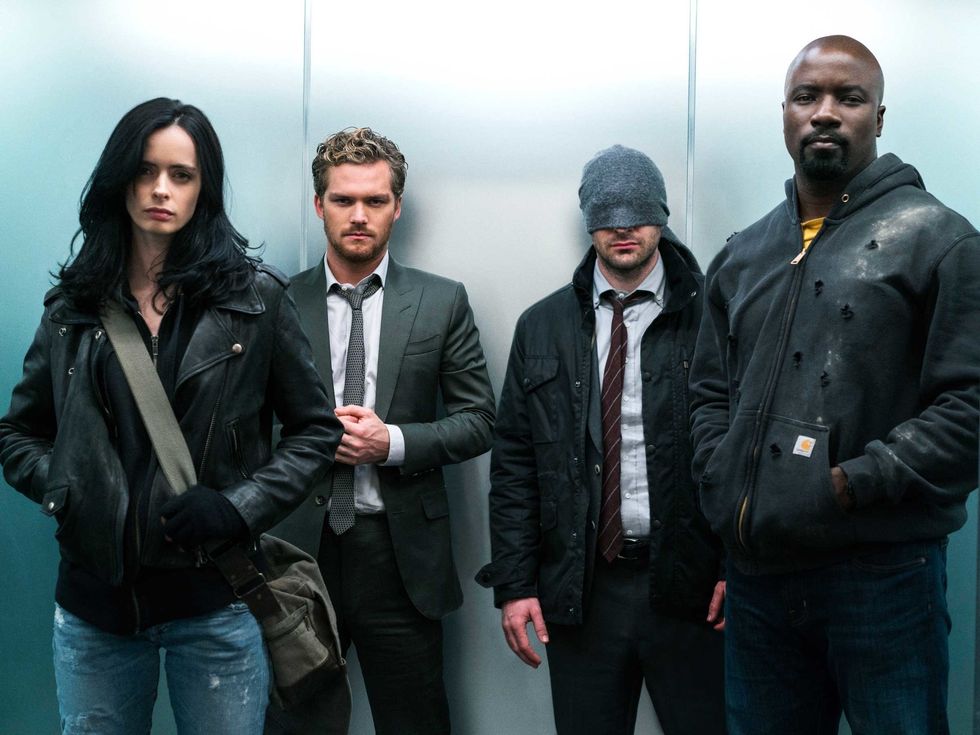
The MCU doesn't just use feature films as the only medium to tell its story. Marvel Studios partnered with Netflix, ABC, Hulu, and Freeform to put out television shows that tie into the shared story of the MCU. On Netflix, you can see the stories of the Defenders, which audiences have praised for feeling like a more grounded version of the MCU. On ABC, you can see the adventures of S.H.I.E.L.D., a government organization featured prominently in the films. More often than not, it's very charming to see a more small scale conflict as opposed to the grand, end-of-the-world struggles the heroes face of on the big screen. Seeing these smaller sections of the world is something a lot of franchises don't have the luxury of being able to showcase.
5. Endless source material
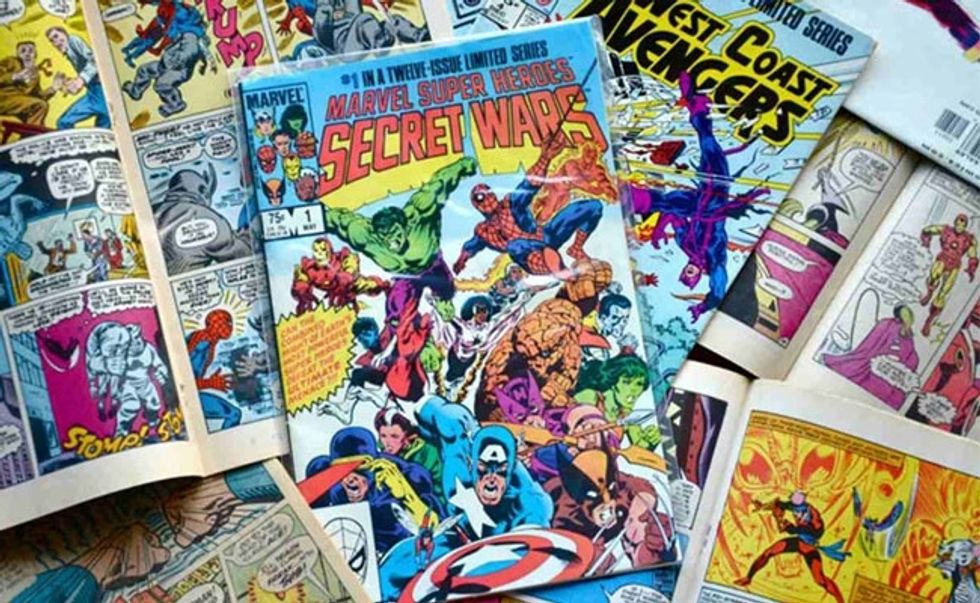
Marvel comics came into mass popularity back in 1961 when the Fantastic Four made their first appearance. In the 57 years since then, Marvel has increased their roster of heroes and villains exponentially. The number of stories they've appeared in are so numerous, it'd be impossible to list them all. Many comic book movies take elements from stories that have been told in the comics over the years, even if they're not directly retelling those stories. With a vast library of stories that have never even been touched on, it's exciting to think about what Marvel Studios might decide to go with in the future. Moving into Phase 4 of the MCU, there's been no official announcement of what kind of new heroes or stories we'll be seeing. Personally, I'd like to see Nova, so when San Diego Comic Con rolls around this year, I'll be keeping an eye out for announcements.



















